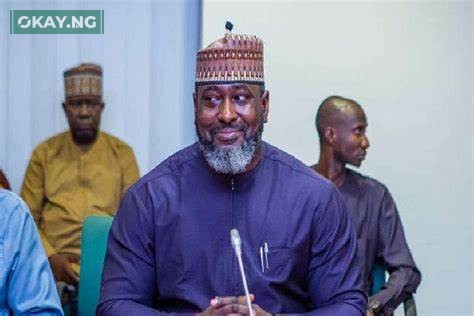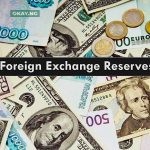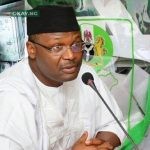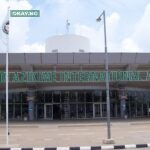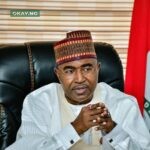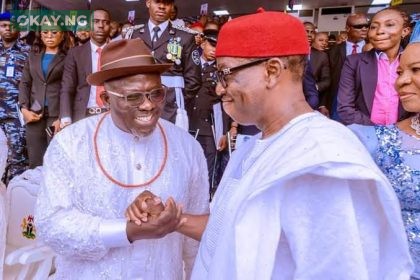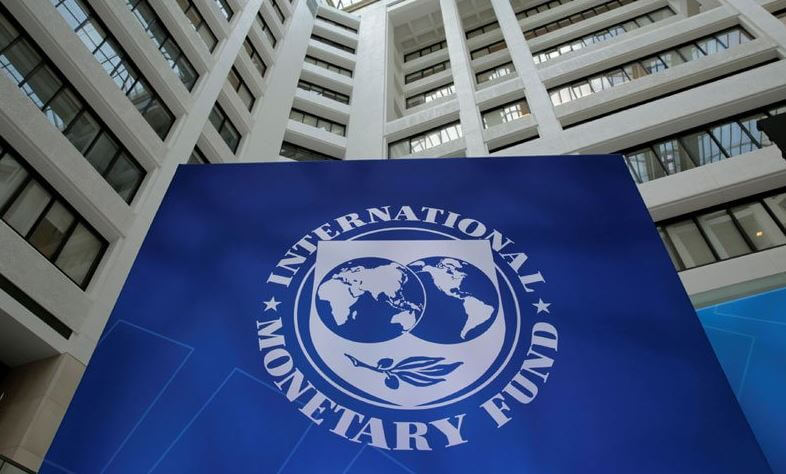The Nigerian Economic Summit Group (NESG) has issued a stark warning: the Federal Government’s revenue streams could face significant shortfalls if it fails to adjust the Value Added Tax (VAT) rate as part of its ongoing tax reform initiatives. During a recent interactive media session in Abuja, NESG Chief Executive Officer, Dr. Tayo Aduloju, emphasized the delicate balance required between simplifying the tax system and ensuring adequate revenue generation.
“Without those rate hikes, it means that the government might lose some revenue,” Dr. Aduloju stated, highlighting the potential consequences of maintaining the current VAT rate. The ongoing fiscal and tax reform efforts are aimed at streamlining the complex Nigerian tax landscape while simultaneously supporting the government’s ambitious budgetary goals. However, as Dr. Aduloju pointed out, simply reducing the number of taxes without a corresponding adjustment to the VAT rate could weaken the government’s financial foundation.
“If we win on the reform of the VAT system, and even if we postpone the rate hike by three years, it will still be a win. That will immediately show efficiency, and we can attract more companies to invest in Nigeria,” he explained. This sentiment underscores the need for a strategic approach that fosters investor confidence while safeguarding revenue stability.
However, the proposed VAT rate increase faces strong opposition. The Trade Union Congress of Nigeria and the Nigeria Governors’ Forum have voiced concerns that such a move could exacerbate the already severe economic hardships faced by Nigerians. Similarly, the House of Representatives recently rejected a staggered increase to 15 percent by 2030, opting to retain the current 7.5 percent VAT rate.
Read Also: NESG Predicts Inflation Decline, Naira to Stabilise at N1,300/$ in 2025
The debate highlights a critical juncture for Nigeria’s economic policy. Beyond the VAT rate, Dr. Aduloju stressed the importance of unlocking investment opportunities to bolster revenue. He noted that Nigeria possesses substantial assets capable of attracting foreign direct investment, provided that legal, regulatory, and policy bottlenecks are addressed. “I’ve seen so many assets that this country has, that if we just clear the legal, regulatory, and policy bottlenecks, we can attract foreign direct investment,” he said.
Furthermore, he called for enhanced coordination between monetary and fiscal policies to combat inflation, particularly those driven by high energy costs. Energy security, he argued, remains a pivotal factor influencing inflation, with inefficiencies in the downstream petroleum sector contributing to persistent price hikes. “Energy security is a very big part of inflation,” Dr. Aduloju explained.
The NESG’s warning comes at a crucial time, as Nigeria navigates complex economic challenges. The delicate balancing act between tax reform and revenue generation will undoubtedly shape the nation’s economic trajectory in the years to come. The question remains: can Nigeria strike the right balance to ensure both economic stability and growth?


